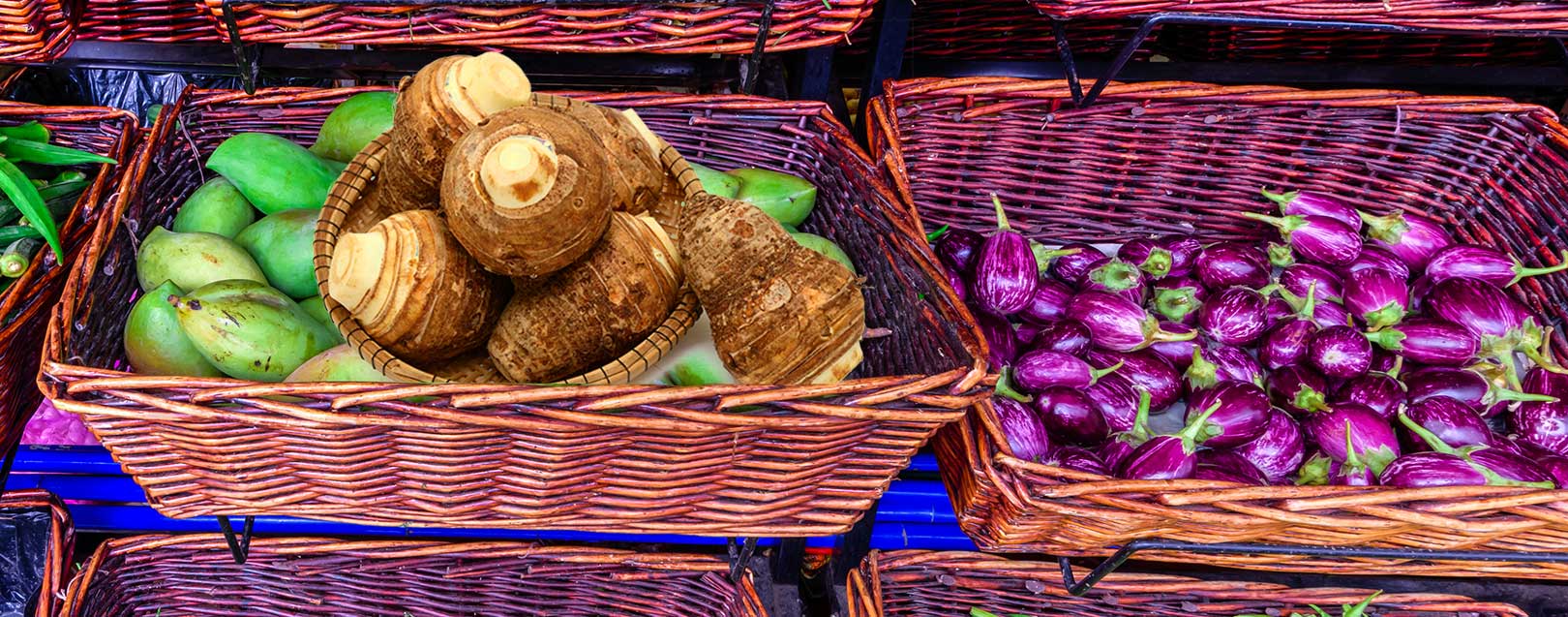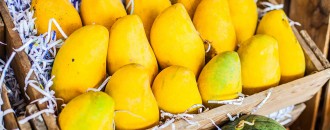
EU may soon allow vegetable imports from India
The Dollar Business Bureau
After the European Union lifted the ban on Indian mango last year, it has indicated that it may also allow imports of bitter gourd, brinjal, colocasia and snake gourd from the country.
However, these exports consignments will undergo strict checks and supervision to ensure they are peat-free. The Indian government has taken a wide gamut of measures, such as registering farmers to make them traceable and implementing standard operating procedures for pack houses to ensure the shipped products meet the international standards.
The European Union (EU) has, however, said it will lift a complete ban on these vegetables only after assessing their quality. The EU had banned imports of Indian mango a few years ago, over quality issue.
The EU official visited India a few months ago to hold meetings with mango exporters. They also conducted a training workshop for the exporters and inspectors.
In order to make sure that the exported fruits and vegetable from India meet the EU quality standards, the government has also developed an exclusive standard operating procedure for exports to the EU. The framework of the procedure has been distributed among exporters and stakeholders for their opinion.
According to the procedure, the procurement of fruits and vegetables for EU will originate from registered farmers only. In affection, India has also formed a dedicated team to inspect the EU-bound fruits and vegetables packed.
Furthermore, the Agriculture and Processed Food Products Export Development Authority (Apeda) officials have urged the Maharashtra State Agricultural Marketing Board officials to contemplate the hot water treatment protocol for mangoes, following undertaking all the necessary trials.
Keeping in mind stringent measures followed internationally, APEDA on its part has decided to give phytosanitary certificates only after consignments have adopted and implemented the hot water treatment.





 to success.
to success.